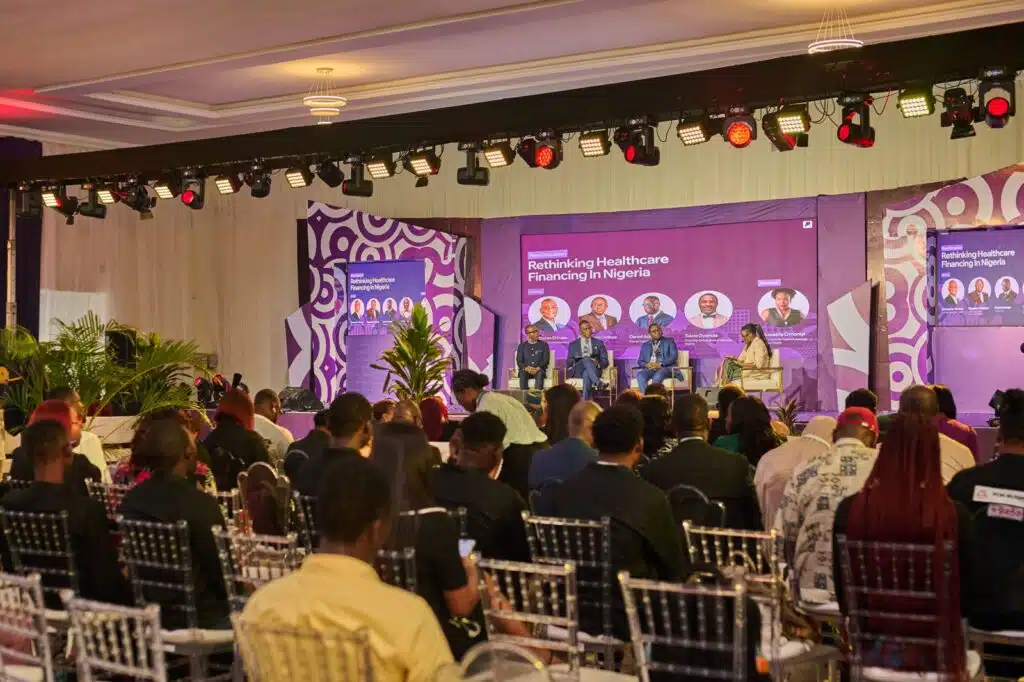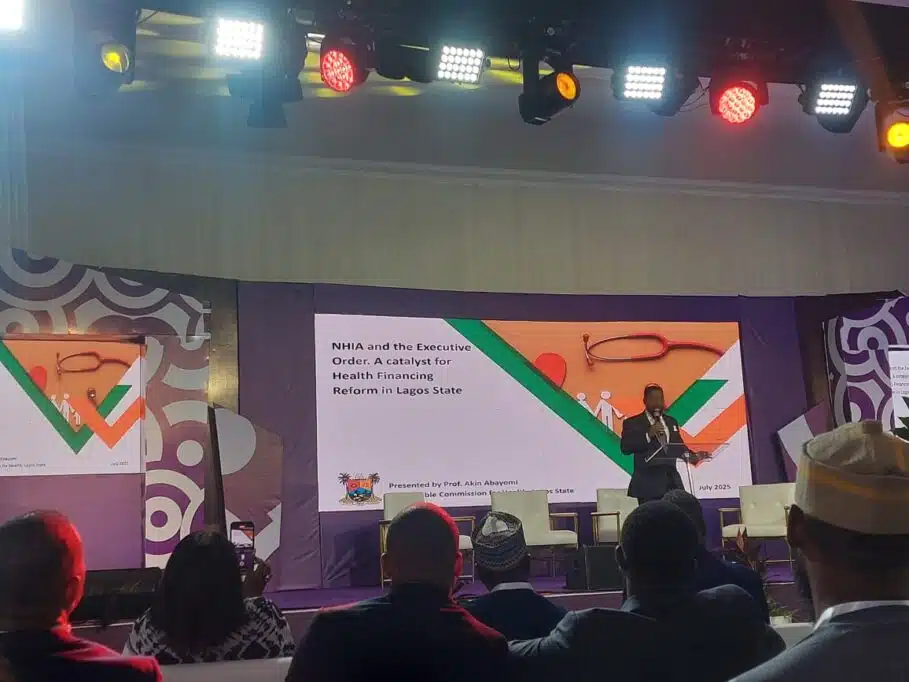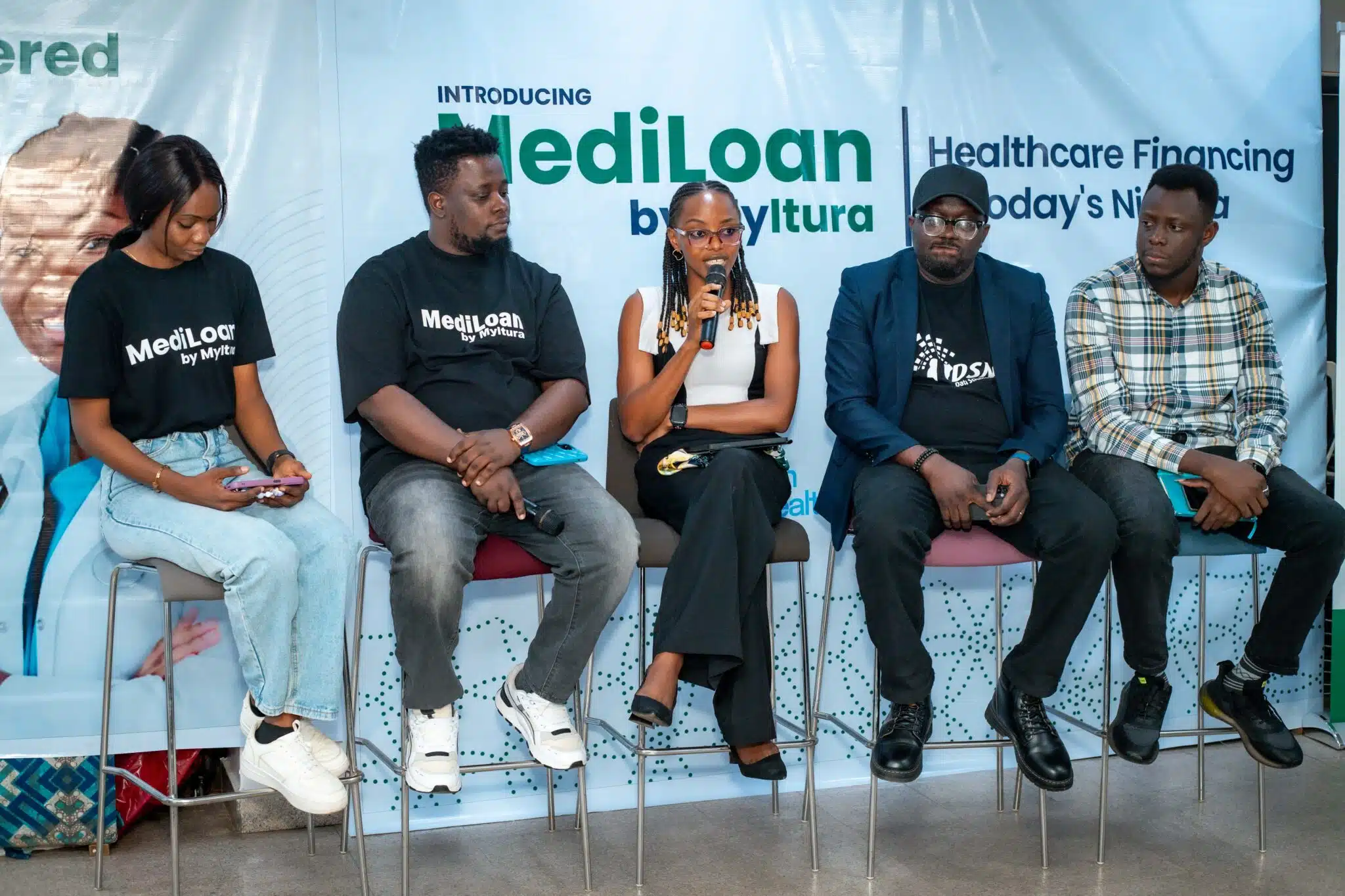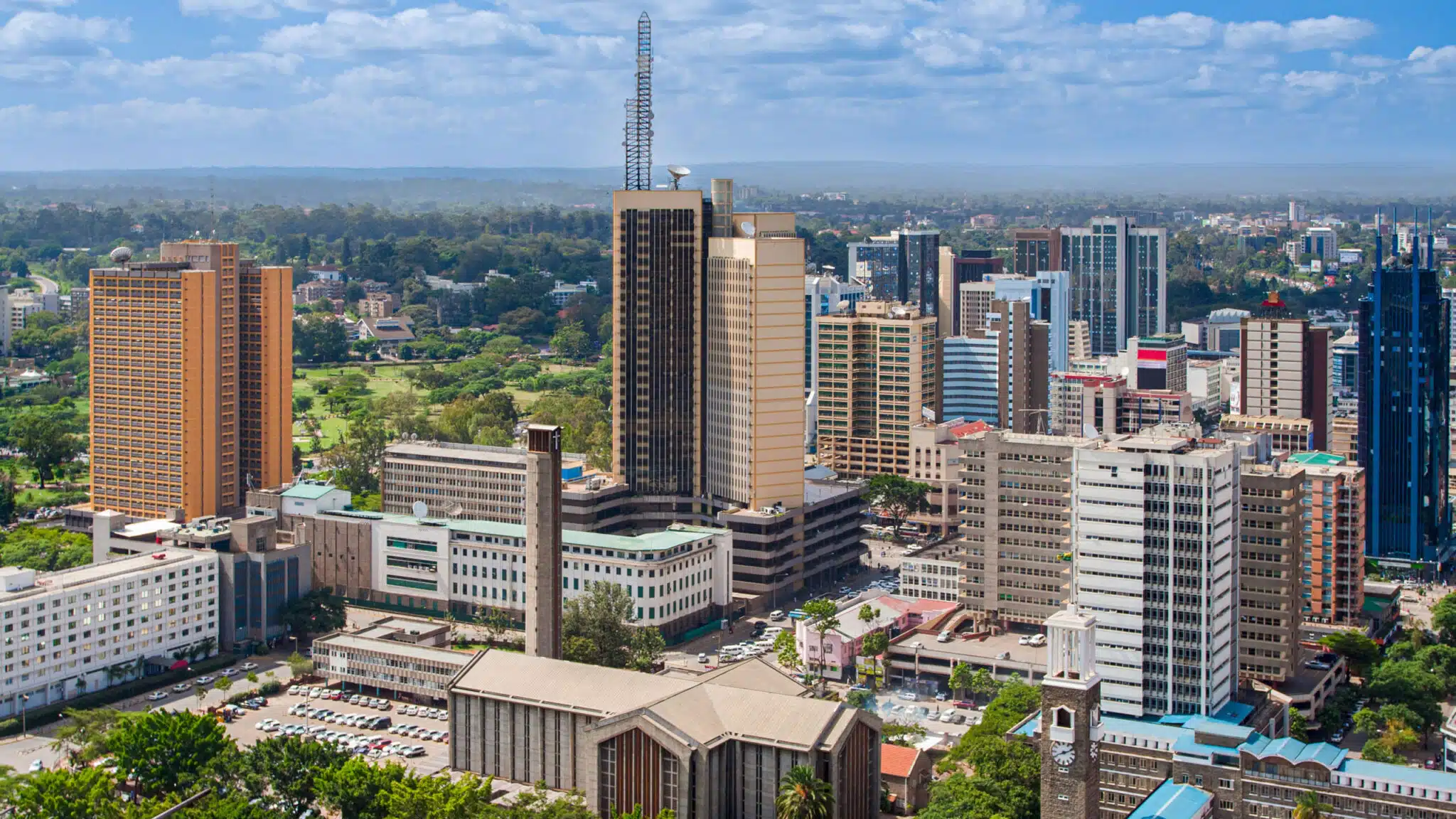Nigeria’s healthcare system is one of the worst in the world. According to Leke Oshunniyi, Chairman of the Health and Managed Care Association of Nigeria (HMCAN), the country’s healthcare system lags behind even its neighbours’.
“We’re in the company of countries like Somalia and Afghanistan,” he said.
Oshunniyi, who is also CEO of AIICO-Multishield HMO, made these remarks during the relaunch of RIGO Incorporated, an African technology company that provides financial and technical support to healthcare businesses.

In his keynote, Oshunniyi highlighted the dire state of Nigeria’s healthcare. Comparing Lagos State and Malaysia, both with almost the same population size, he pointed out that 25.7 women die per 100,000 births in Malaysia, while Lagos records 555 deaths for the same number of births.
According to the BBC, Nigeria is the worst country in the world to give birth in. Recent United Nations (UN) figures show that Nigeria accounts for 29% of all maternal deaths worldwide, with one in 100 women dying during labour or shortly afterwards.
“If you have a heart attack in Nigeria, you only have a 5% survival chance,” Oshunniyi told the audience.
A problem beyond healthtech

There are healthcare startups in Nigeria that have emerged to solve a variety of healthcare challenges, and some have raised millions of dollars in funding. Helium Health secured $10 million in Series A funding in 2020 and $30 million in Series B, while Reliance Health raised around $40 million in Series B.
However, these startups are still only a drop in the ocean when compared to the estimated $82 billion funding gap required to bring Nigeria’s healthcare system up to acceptable standards, according to the Lagos Chamber of Commerce.
Government spending on health remains at just 0.5 to 0.65 percent of GDP — about $14 per capita — while out-of-pocket payments make up 75% percent of total health expenditure. In this context, healthtech can only scratch the surface. Real transformation requires systemic public and private funding well beyond what startups alone can provide.
Oshunniyi noted that advanced healthcare systems like the United Kingdom’s spend around $268 billion annually on the National Health Service (NHS) to serve a population of 60 million people.
“They spend over £3,000 on a person yearly. That is about ₦6 million per person,” he said.
To put it in perspective, the UK’s annual healthcare budget is over seven times the size of Nigeria’s entire national budget. This underscores a grim reality: Nigeria is currently too poor to provide its citizens with affordable, quality healthcare.
Healthcare systems require financing on both the supply and demand sides. On the supply side, funding is used to build and maintain hospitals and medical infrastructure. On the demand side, governments assist citizens by subsidising insurance premiums or covering health costs directly.
“If the demand-side financing is inadequate, then people can’t pay their hospital bills, and that means hospitals won’t be sustainable. It’s the balance between these two that gives you a functional health system,” Oshunniyi explained.
Even demand-side financing is not enough on its own. The government must also ensure that people accept and enrol in the systems being offered. For this reason, Oshunniyi reminded attendees that, under the National Health Insurance Authority Act of 2022, it is now illegal not to have health insurance in Nigeria.
Taxes and healthcare financing
In his address, Oshunniyi drew a direct link between Nigeria’s weak tax system and its underfunded healthcare sector.
He explained that government health financing is intrinsically tied to how much revenue the government can generate — and in Nigeria’s case, that amount remains alarmingly low.
“Nigeria has one of the lowest tax-to-GDP ratios in the world, at just about six to seven per cent,” Oshunniyi said. By contrast, Malaysia’s is 16%, while the United Kingdom’s exceeds 30%.
The implication, he said, is clear: without sufficient tax revenue, public investment in critical sectors, such as healthcare, becomes a luxury rather than a necessity.
This low tax revenue not only limits what the government can spend but also forces Nigerians to pay for healthcare out of pocket. According to the World Bank, over 70% of Nigeria’s total healthcare spending comes from individuals, a burden that leaves millions vulnerable — especially during emergencies or when managing chronic illnesses.
By comparison, countries with stronger tax systems are better able to subsidise healthcare services and invest in national health insurance schemes. This results in more accessible, equitable healthcare for their citizens.
Oshunniyi also lamented the lack of political will to reform Nigeria’s tax base or prioritise healthcare in budget allocations.
“There’s no miracle healthtech can perform in a system where the government is broke and the people are poorer,” he concluded.
While digital startups like Rigo can bridge certain service delivery gaps, Oshunniyi insisted that transformative change in Nigeria’s healthcare sector will only come through structural reform, particularly in how the government generates and allocates revenue.










